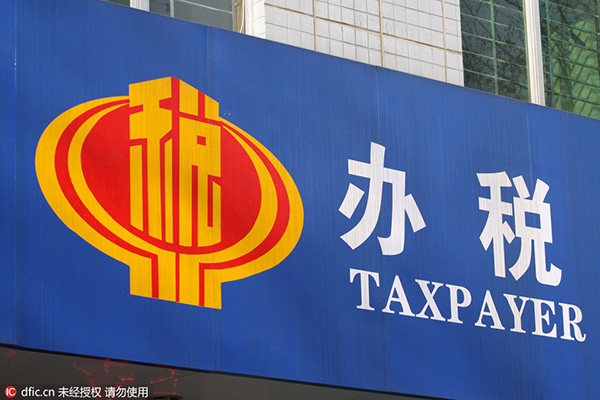 |
|
mortgage payments will not be added to the list of tax deductions in China's latest individual income tax reform, a move that might disappoint many people with mortgages. [Photo/IC] |
A heated debate has been going on in the Chinese media about a possible reform of the income tax system this year.
Speculation abounds as to whether the new system will be household-based or individual-based, and whether the threshold can be raised for ordinary wage earners.
But in all likelihood, according to government officials and commentators close to the matter, changes won't be major and may be subject to further reforms. The final version may be subject to minor adjustments before it is implemented, most likely in the second half of the year, according to media reports.
For example, mortgage payments will not be added to the list of tax deductions in China's latest individual income tax reform, a move that might disappoint many people with mortgages.
The much-anticipated individual income tax reform plan, drawn up by the Ministry of Finance, has been presented to the State Council for final approval, according to an official with the ministry who requested anonymity.
The deduction of mortgage payments, which has been hoped for by homeowners and the real estate industry to encourage more home purchases, is absent from the revision this time, the source said.
Beijing-based China Times reported in early February that the draft revision listed education expenses as deductible items.
It also reported that taxation would be based on an individual's gross income, rather than various income streams.
Some commentators shared their views on the possible adjustments.
"Including mortgage payments for deduction is not a hard thing to do, technically. It is also in line with the general direction of the times. I'm not sure why it hasn't been included," said Feng Qiaobin, a professor of public finance at the Chinese Academy of Governance. Regarding the tax threshold, there have been opinions that it should be raised from the present 3,500 yuan ($537) per month in individual income.
Such a threshold has been characterized by some people as "taxing the working poor". Since rich people don't usually make monthly incomes, they have plenty of ways to bypass their tax duties, critics say.
China's average urban per capita disposable income in 2015 was 2,600 yuan per month. But it can be much higher in large cities. In Beijing, it is 4,405 yuan.
Finance Minister Lou Jiwei has repeatedly emphasized that the reform should focus on how to tax an individual's overall income, instead of simply raising the threshold for income tax. Taxation should also consider one's total expenditures.
"If a person earns 5,000 yuan a month, he alone could live a good life. But if he has a child to raise, it would be much tougher," Lou said at a news conference last year, apparently arguing for including family expenses, education costs and mortgage payments as deductible items.
